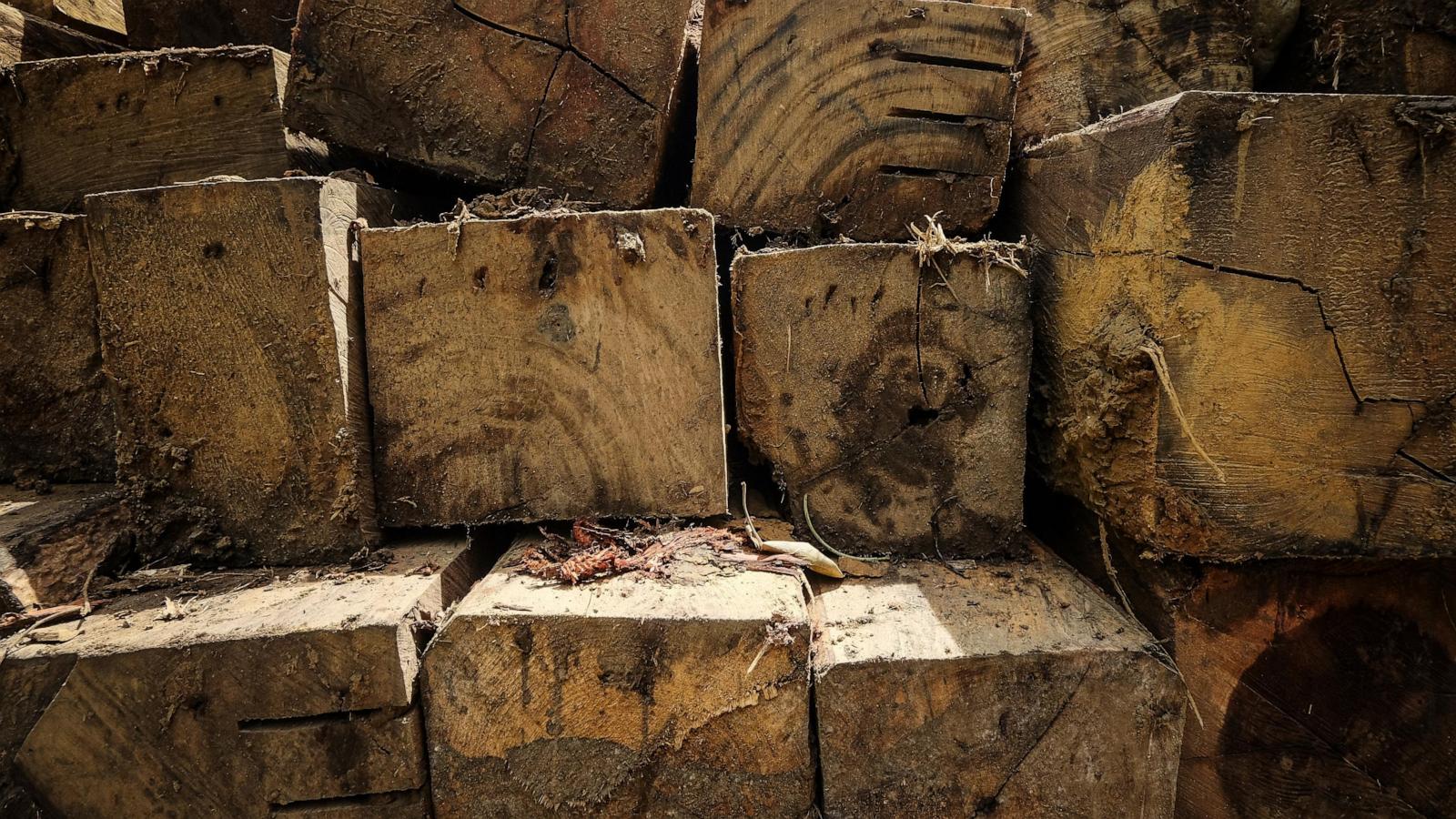South Korea's Controversial Biomass Energy Subsidies: A Green Energy Paradox?
South Korea, a nation striving for global recognition in renewable energy, finds itself entangled in a surprising controversy: the implications of its biomass energy subsidies. This isn't your average environmental story; it's a dramatic tale of deforestation, international backlash, and a looming green energy paradox. Prepare to be shocked!
The Biomass Bonfire: Unmasking the Environmental Impact
For over a decade, South Korea has showered millions of dollars in subsidies upon its biomass energy sector. Initially hailed as a step towards a greener future, this approach has faced mounting scrutiny. Why? Because South Korea's reliance on imported wood pellets has made it the world's third-largest importer of this fuel source. This massive influx of wood pellets is inextricably linked to deforestation in nations such as Indonesia. Critics argue that instead of lowering carbon emissions, this policy effectively displaces environmental destruction to other countries. This means deforestation in vulnerable countries, while South Korea gets to claim renewable energy credentials. It's a greenwashing nightmare that calls for an urgent reassessment of the entire biomass energy sector's legitimacy in the race toward a cleaner planet.
The Dark Side of Bioenergy: Unveiling the Environmental Harm
The seemingly benign burning of biomass is actually a significant environmental hazard. This process often releases higher carbon emissions than coal combustion, negating any environmental benefits. Adding insult to injury, the destruction of forests undermines nature’s ability to naturally absorb and store atmospheric carbon, making climate change significantly worse.
A Crackdown on Subsidies: An Inadequate Solution?
Faced with the rising tide of criticism and environmental damage, South Korea announced a significant scaling back of its biomass energy subsidies. While environmental activists initially praised the move as an essential step toward correcting environmental damage, many remain highly skeptical. They rightfully note that loopholes in the policy still allow for subsidies to continue under certain conditions, making any purported environmental impact rather insignificant.
Loopholes and Delays: A Path to Continued Destruction?
This scaling-back doesn’t address the elephant in the room, critics contend: the fact that domestically produced wood pellets continue to receive the same levels of support, which potentially threatens South Korea’s own forests. Subsidies to existing power plants will also be phased out over an extended period, potentially extending the lifetime of polluting plants far beyond acceptable environmental timelines. This means South Korea still is not on a track to align itself with the goals set out by the Paris Agreement. In effect, a massive greenwashing effort has masked the lack of serious progress in renewable energy transitions. The loopholes in this system allow this unsustainable biomass approach to continue wreaking havoc in the world.
The Future of Biomass Energy: Rethinking Sustainable Solutions
South Korea’s shift signals a critical reassessment of biomass's role in national and international renewable energy strategies. This calls for an international dialog regarding global energy transitions and policies that avoid this kind of environmental and political minefield. Sustainable practices demand a focus on using biomass sources that do not entail further forest destruction such as waste materials and agricultural residues. This may require a full scale re-evaluation of our energy consumption model and re-imagining our future of power sources.
Sustainable Alternatives: Charting a New Course
Ultimately, a true transition to sustainable energy requires a clear shift from fossil fuels to genuinely renewable sources like solar, wind, and geothermal energy, and an honest conversation about environmental cost of this seemingly straightforward energy choice. This comprehensive approach promises a more sustainable energy future, both for South Korea and for the planet. The time for drastic change has come.
Take Away Points
- South Korea's biomass energy policy, once lauded, has faced increasing scrutiny for its link to deforestation.
- The phase-out of subsidies represents a potential turning point, yet several loopholes persist.
- The ongoing debate underscores the need for a more critical evaluation of biomass energy's role in global sustainability efforts.
- Transitioning to truly sustainable energy sources and finding environmentally friendly policies require a collaborative global effort.




